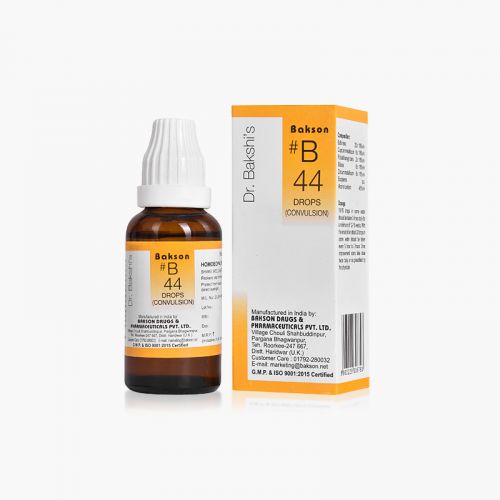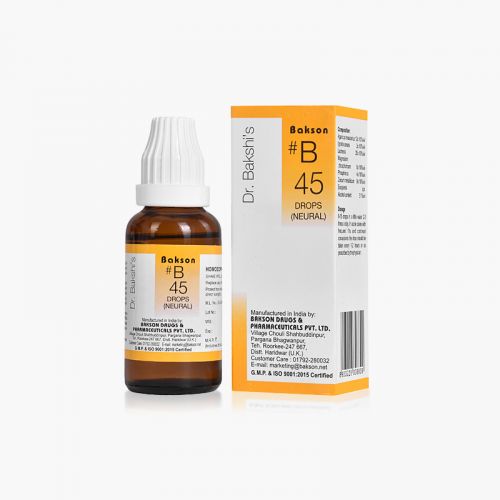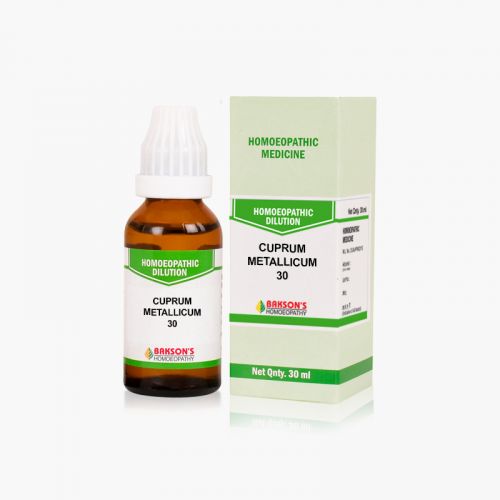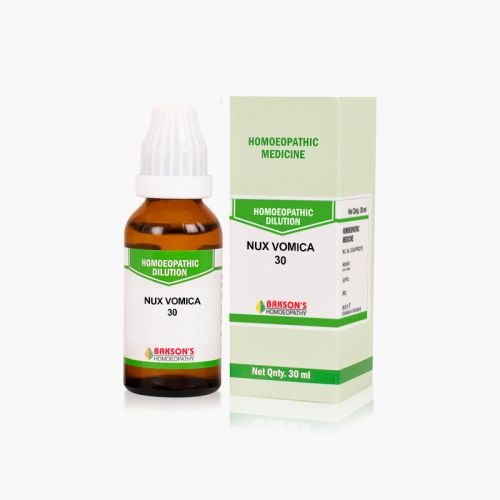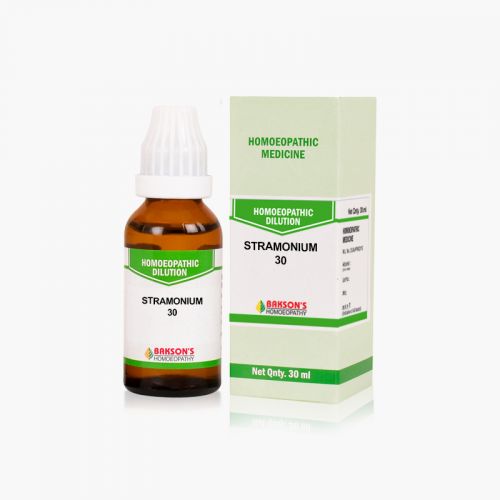We use cookies to make your experience better. To comply with the new e-Privacy directive, we need to ask for your consent to set the cookies. Learn more.
What is Epilepsy?
Epilepsy is a chronic noncommunicable disease of the brain affecting around 50 million people worldwide, characterized by recurrent seizures.
Seizures are brief episodes of involuntary movement that may involve a part of the body (partial) or the entire body (generalized) and are sometimes accompanied by loss of consciousness and control of bowel or bladder function. They can vary from the briefest lapses of attention or muscle jerks to severe and prolonged convulsions. Epilepsy is defined as having two or more of these unprovoked seizures.
- Localization-related epilepsy indicates seizures that arise from pathology in a localizable brain area.
- Idiopathic epilepsy is associated with no symptoms other than seizures.
- Cryptogenic refers to seizure disorders suspected to be symptomatic of underlying brain disease but are without definitive proof of the underlying cause.
- Status epilepticus is defined as a single generalized convulsion lasting greater than five minutes or a series of generalized seizures without full return of consciousness.
Causes
The cause of epilepsy is still unknown in approximately 50% of the cases globally. Seizures may be either provoked or unprovoked. Provoked seizures or acute symptomatic seizures, results from electrolyte disorders, toxins, head injury, infectious processes, vascular anomalies, tumors or other mass lesions, etc. Provoked causes of seizures can also include:
- Electrolyte disturbances (hypoglycemia, hyponatremia, hypernatremia, hypocalcemia, others)
- Acute toxic effects (antidepressants, sympathomimetics, others)
- Withdrawal syndromes (ethanol, benzodiazepines, others)
- Irregularity with prescribed antiepileptic medications
- Sepsis
- CNS infections
- Hypoxic brain injury
- Traumatic brain injury
- Stroke ischemic or hemorrhagic
- Neoplasm
- Inflammatory (lupus cerebritis, anti-NMDA receptor encephalitis, others)
- Fever
- Sleep deprivation
Unprovoked seizures occur in the absence of provocative causes or more than seven days after an acute injury or insult such as stroke or brain haemorrhage. Recurrent unprovoked seizures define epilepsy.
Signs and Symptoms
Convulsive seizure is characterized by a sudden alteration in consciousness with associated motor movements. In generalized seizures, the convulsion has a stiffening or tonic phase followed by clonic movements - rhythmic phased motor movements. There may be a noise or cry at the onset of the seizure and some patients experience a prodrome or aura before the event. Urinary incontinence may or may not be present. Following a generalized tonic-clonic seizure, there is a transient alteration in consciousness referred to as the postictal state.
Diagnosis
Diagnosis is achieved with the help of history and physical examination. Laboratory investigations, including electrolytes and a lumbar puncture, and neuroimaging may be required. Electroencephalography (EEG) is a biomarker for epilepsy.
Management
About 25% of epilepsy cases are preventable and the preventive measures include:
- Preventing head injury to prevent post-traumatic epilepsy.
- Adequate perinatal care reduces risk of epilepsy caused by birth injury.
- Lowering the body temperature of a feverish child can reduce the chance of febrile seizures.
- Prevention of epilepsy associated with stroke by reducing the cardiovascular risk factors, e.g. controlling high blood pressure, diabetes and obesity, and the avoidance of tobacco and excessive alcohol use.
- Central nervous system infections can cause epilepsy in tropical areas. Elimination of parasites in these environments and education on how to avoid infections can be effective ways to reduce epilepsy worldwide.
Warning: Above information provided is an overview of the disease, we strongly recommend a doctor's consultation to prevent further advancement of disease and/or development of complications.
Disclaimer: The information provided herein on request, is not to be taken as a replacement for medical advice or diagnosis or treatment of any medical condition. DO NOT SELF MEDICATE. PLEASE CONSULT YOUR PHYSICIAN FOR PROPER DIAGNOSIS AND PRESCRIPTION.
- #B 44 DROPSSpecial Price ₹ 160.00 Regular Price ₹ 200.00
- ARTEMISIA VULGARIS 30₹ 100.00
- BAKSON #B 45 DROPSSpecial Price ₹ 160.00 Regular Price ₹ 200.00
- CICUTA VIROSA 30₹ 100.00
- CUPRUM METALLICUM 30₹ 100.00
- NUX VOMICA 30₹ 100.00
- STRAMONIUM 30₹ 100.00




